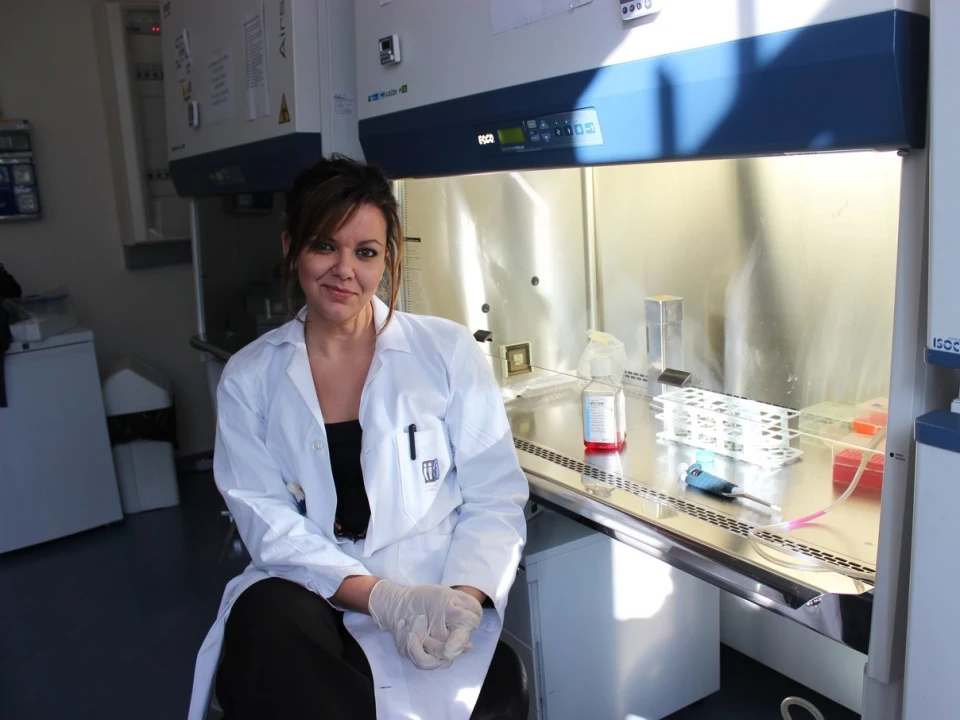Neapolitan scientist Francesca Santoro, a researcher and lecturer in Germany, leads a team of scientists that has developed "an 'organic' microchip that among its functions mimics the retina's ability to 'transform' light into electricity."
In essence, the bio-chip mimics the functioning of the human eye and also the brain's memory. The study, carried out in collaboration between the Italian Institute of Technology, the University of Naples Federico II and two German institutions, was published in the scientific journal "Nature Communications."
Bio-electronics is a very promising field at the forefront of technology, which could have important developments in the medical and health fields. The organic micro-chip is based on a semiconducting polymer consisting of organic components that is sensitive to light. Compared with its silicon counterparts, this polymer integrates better with the human body.
It is not rigid, but flexible, and being organic it can be easily accepted by the human body, compared with other foreign elements. Another difference from silicon is that it works with ions and not electrons. "Our body cells," explained scientist Francesca Santoro, "specifically use ions to control certain processes and exchange information. The material was synthesized and then characterized: we were able to show that typical properties of the retina can be mimicked with it."
The hope is that these polymers may have other uses in the future as well, such as, for example, being used to "repair" the damaged nervous system in cases of neurodegenerative diseases such as Alzheimer's or Parkinson's, going on to replace damaged neurons.



